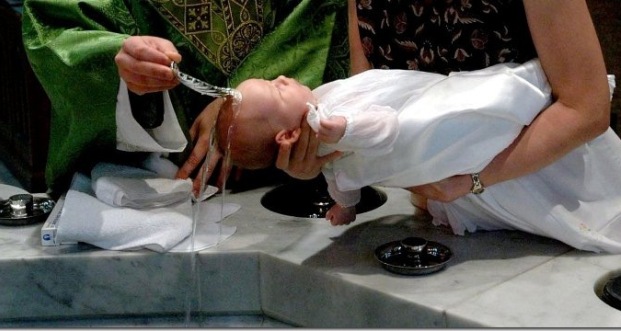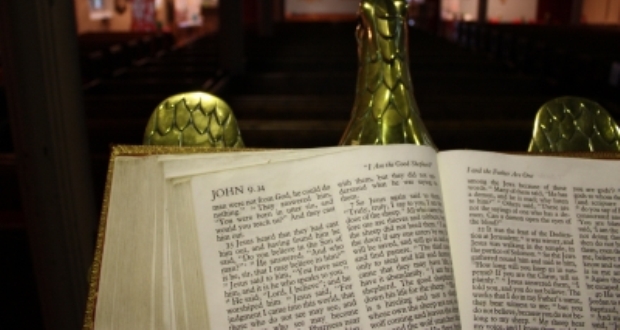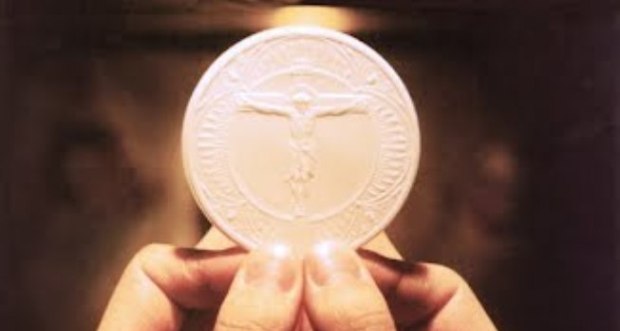Embracing the Richness of Catholic Rules and Rituals

Why does the Catholic Church have so many rules and rituals?
The Catholic Church is known for its rich tapestry of rules and rituals that shape the faith and worship of its members. Some may wonder why the Church has such an abundance of regulations and ceremonial practices. In exploring this topic, we will draw insights from both the Bible and the Catechism of the Catholic Church to understand the significance of these rules and rituals in our spiritual journey.
- Preserving Apostolic Tradition: The Catholic Church places great importance on preserving and passing on the apostolic tradition, which includes both written and unwritten teachings of the apostles. These traditions have been safeguarded and handed down through generations. The Catechism highlights the role of tradition in the life of the Church, stating that it is the living transmission of the Gospel in its entirety (CCC 78-83). Rules and rituals serve as a means to uphold and express this rich tradition, connecting us to the faith of our forefathers.
- Expressing Reverence and Adoration: Rules and rituals provide a structured framework for expressing our reverence and adoration towards God. The Bible illustrates numerous instances where God instructed His people to observe specific rituals and ceremonies. For example, in the Old Testament, we find detailed instructions for the construction of the Ark of the Covenant and the observance of feasts and sacrifices. These practices were meant to honor God, acknowledge His holiness, and foster a sense of awe and respect in His presence (Exodus 25:10-22; Leviticus 23:1-44).
- Sacraments: Channels of Grace: The Catholic Church celebrates seven sacraments, which are visible signs instituted by Christ to confer His grace upon us. These sacraments, such as Baptism, Eucharist, and Confirmation, are sacred rituals through which we encounter the transformative presence of God. They mark important milestones in our spiritual journey, nourishing and strengthening our faith. The Catechism affirms that the sacraments are efficacious signs of grace, instituted by Christ and entrusted to the Church (CCC 1131-1133).
- Unity and Communion: Rules and rituals foster a sense of unity and communion among believers. They provide a common language and shared practices that connect Catholics around the world. The Mass, for instance, follows a structured format and liturgical calendar, ensuring that the faithful participate in a unified manner. The Catechism emphasizes the importance of liturgical norms and rubrics in preserving the unity of the Church (CCC 1125).
- Spiritual Formation and Discipleship: Rules and rituals are not merely empty formalities but opportunities for spiritual formation and discipleship. They guide us in living out our faith and help shape our attitudes and behaviors. The Catechism explains that rules and rituals foster adherence to moral and ethical principles, deepening our commitment to follow Christ (CCC 2031). They provide a framework for spiritual growth, enabling us to develop virtues and cultivate a closer relationship with God.
While rules and rituals may appear extensive, they serve to ground our faith in a rich tradition, express our reverence for God, facilitate encounters with His grace through the sacraments, foster unity and communion, and guide us on the path of spiritual formation. Embracing these practices allows us to deepen our relationship with God and actively participate in the life of the Church.
References:
- Bible References: Exodus 25:10-22; Leviticus 23:1-44
- Catechism of the Catholic Church (CCC): 78-83, 1125, 113






